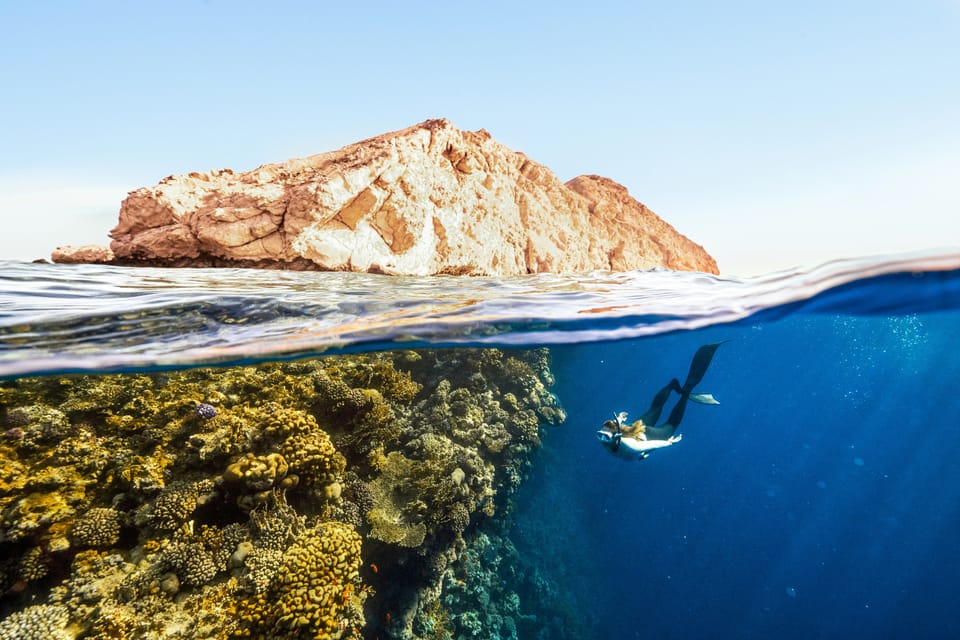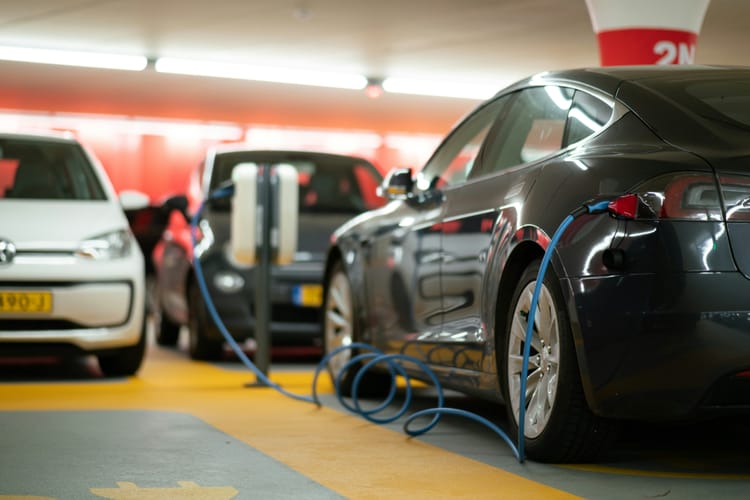Coalition launches to scale up marine carbon dioxide removals
"We're bringing together innovators, scientists, and policy leaders to ensure the field grows with environmental integrity."

The Carbon Business Council and World Ocean Council have launched a coalition of businesses, nonprofits and academic institutions to scale up marine carbon dioxide removals – which use ocean-based processes to absorb CO2 from the atmosphere.
The Marine Carbon Dioxide Removal Coalition will provide a platform for knowledge sharing and collaboration to advance research and support the responsible growth of this climate solution.







